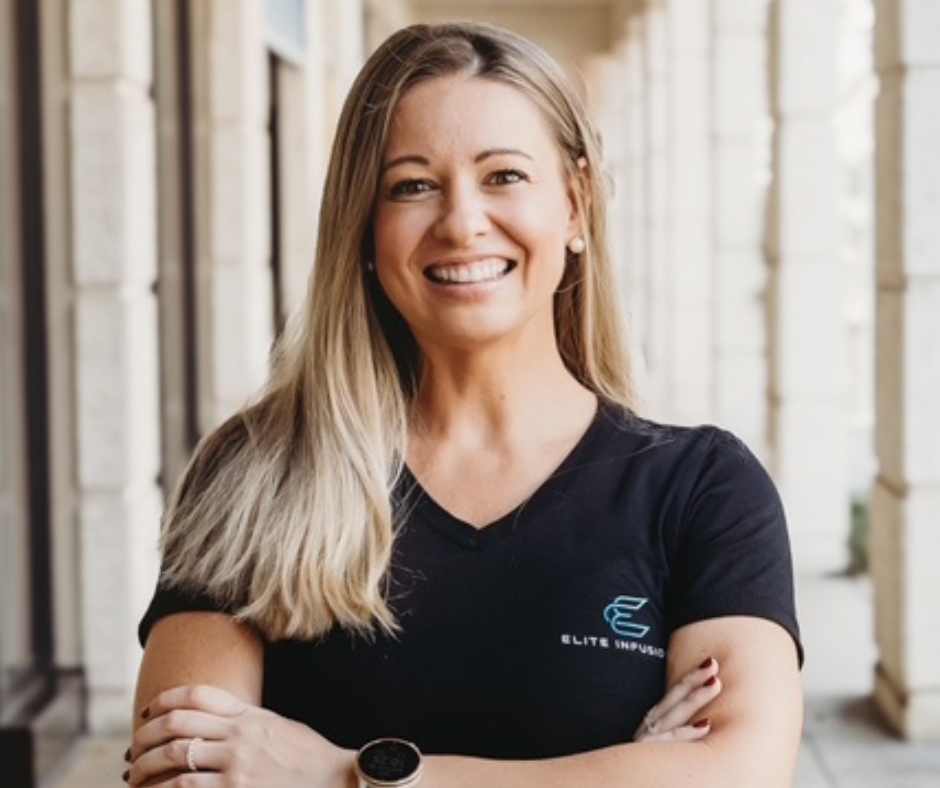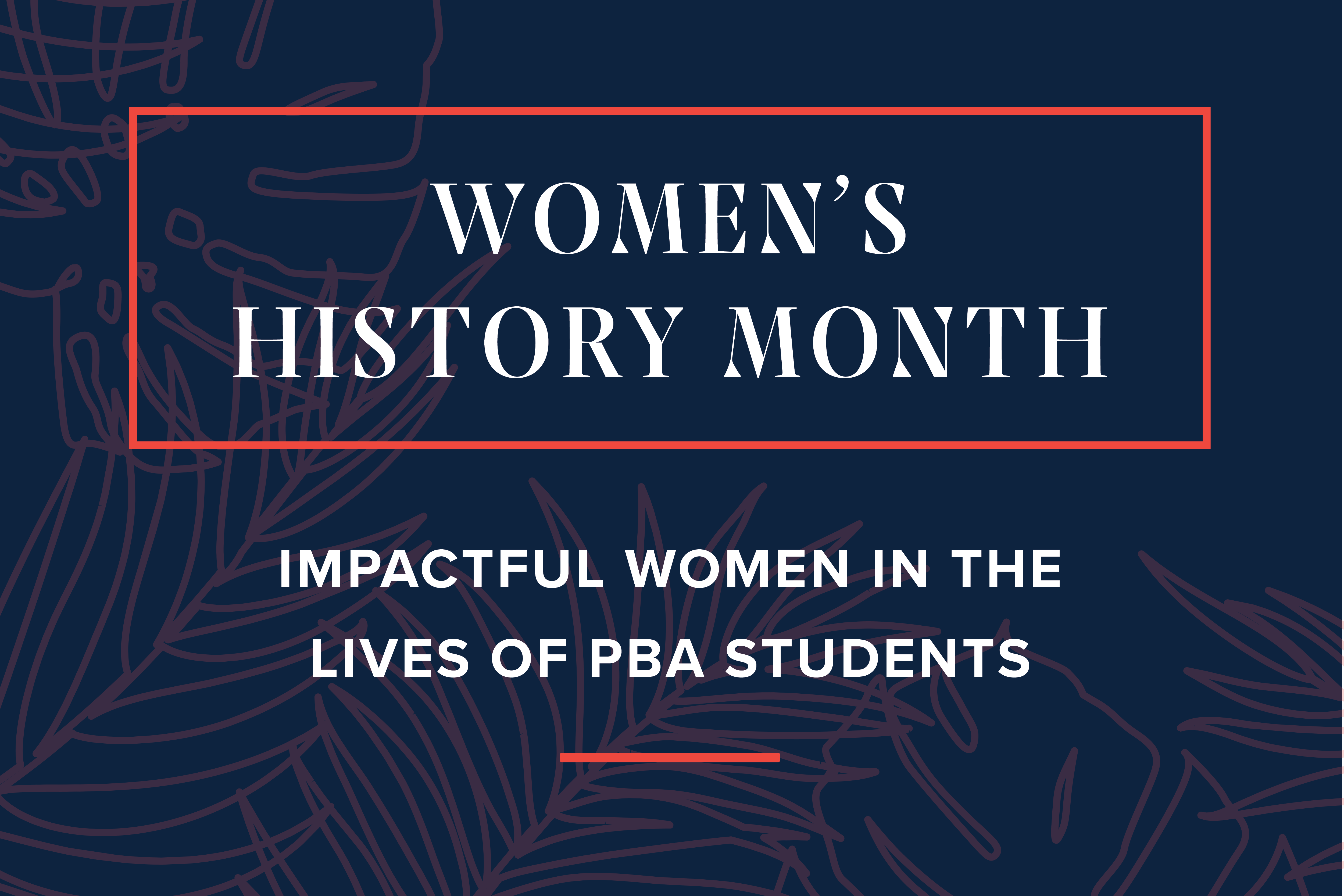The Lloyd L. Gregory School of Pharmacy’s competitive residency program is shaping the next generation of innovative pharmacists and educators with a robust range of learning experiences that include service and teaching.
Residents at the Gregory School of Pharmacy enjoy a unique mission and vision focused on serving the underserved, the ability to participate in medical mission trips and faith integration, said Dr. Amy Henneman, who directs the pharmacy residency for the first postgraduate year and the ambulatory care residency.
Because of the depth of training, pharmacists who have done residencies are prepared to push the practice forward and to teach, she said.
“It expands your opportunities,” Henneman Pharm.D. ’09 said. “It qualifies you for a broader set of jobs.”
The Gregory School of Pharmacy’s first year of residency offers experience in pharmacy or community pharmacy. The second year of residency offers ambulatory care experience.
The pharmacy residency began in 2008 and expanded last year to include the community pharmacy and second-year options. Dr. Erin Dorval directs the community pharmacy residency. The majority of community pharmacy residency experiences are conducted at Atlantis Pharmacy, one block north of JFK Medical Center.
Keri DePatis’ first year of residency included practicing ambulatory care in a clinic that offered free medical services to those without insurance. Her patients were very culturally diverse.
“I absolutely loved being in that environment from a clinical care perspective,” said DePatis, who earned her doctor of pharmacy degree from Midwestern University in 2018. “It really broadened my view of healthcare, and it was a faith-based clinic.”
First-year postgraduate resident Lauren Roscizewski was attracted to the Gregory School of Pharmacy because of the scope of the residency, which includes both academic and patient care components. Roscizewski earned her doctor of pharmacy degree from the University of Minnesota-Twin Cities this spring.
While many residencies take place in one setting or hospital, the Gregory School of Pharmacy’s residents travel to no fewer than three sites, Henneman said. She looks for residents who are interested in serving others, growing and working in both academia and ambulatory care.
Community pharmacy resident Jallena Roberts has participated in JFK Medical Center’s meds-to-beds program, in which the hospital pays for the first 30-day supply of medication for patients with no health insurance. She fills the prescriptions at Atlantis Pharmacy, takes them to the hospital and counsels the patients.
Roberts, a graduate of the South College School of Pharmacy, said she was drawn to PBA because of how the University gives back.
“I feel like PBA really adds focus to building you as a person, not just a resident.”


